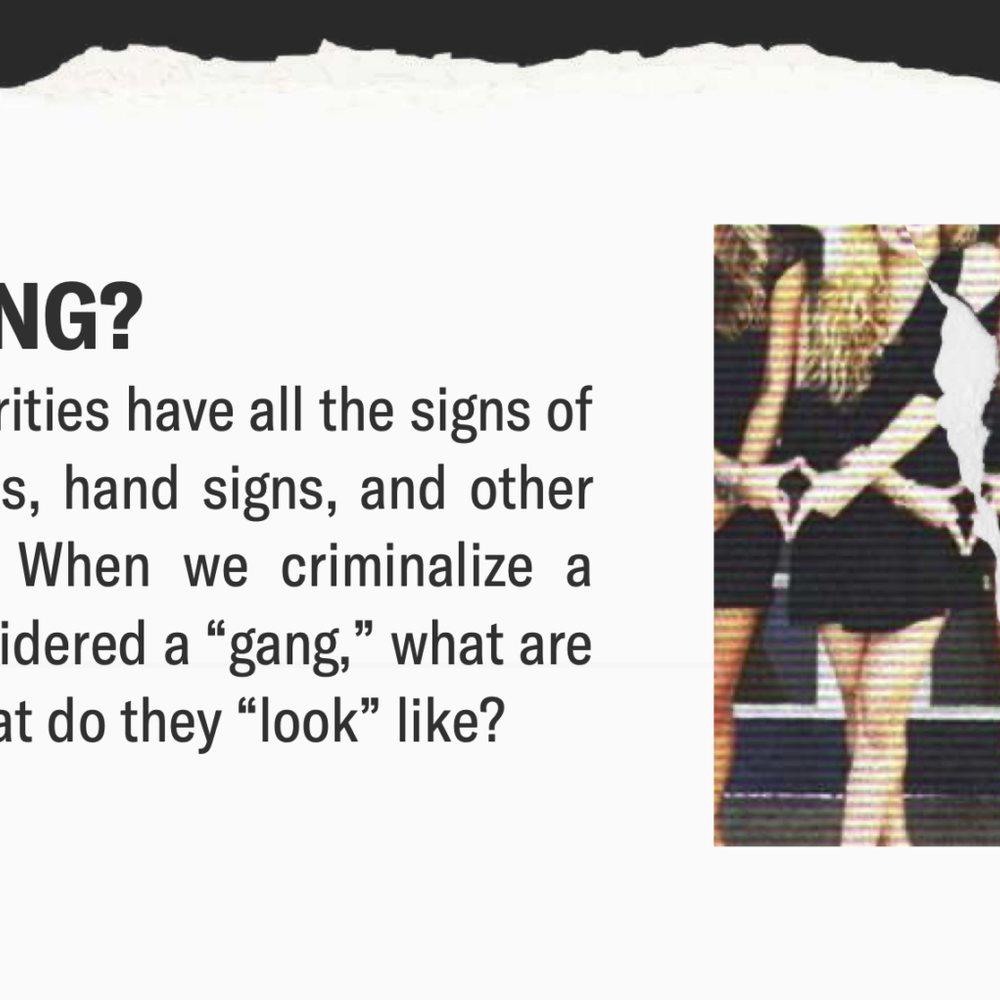In withering terms, State Sen. Will Barfoot (R-Pike Road) has denied recent claims by the ACLU of Alabama that his legislation cracking down on criminal enterprises will be used to target college sororities and fraternities.
Senate Bill 143 (SB143) passed during the 2023 legislative session despite protest from the Democratic side of the aisle. The bill provides penalty enhancements for felonies committed to furthering the interests of any “criminal enterprise,” attaches a mandatory minimum sentence to the possession or use of a firearm during the commission of certain crimes and certifies individuals aged 16 and older as adults when charged under the Act.
The bill initially used the word “gang” but later changed nearly every reference to gangs with the term “criminal enterprises.”
The ACLU released a report entitled “The Statehouse to Prison Pipeline,” designed to highlight the perceived proliferation of legislation that is “proposed and/or enacted in Alabama’s legislature that address social problems exclusively through the criminal punishment system.”
The report discussed several bills passed in 2023, including Barfoot’s, claiming it allowed “prosecutors to define anyone as a member of a ‘criminal enterprise’ based on how they dress, who they spend time with, and how others perceive them.”
The legislature's obsession with funnelling Alabamians into dangerous and overcrowded prisons has some extreme consequences.
— ACLU of Alabama (@ACLUAlabama) December 18, 2023
Take the "criminal enterprise," or gang bill, that defines gangs based on style of dress and hand signs. pic.twitter.com/FByWWGKwSJ
The ACLU then suggested that college fraternities and sororities could be criminally charged under the new law since they both “have all the signs of a gang: style of dress, hand signs, and other common identifiers.”
However, the bill clearly defines a criminal enterprise as a group of “three or more persons, through its membership or through the agency of any member, that engages in a course or pattern of criminal activity.”
The bill does reference attire, tattoos and hand gestures in a long list of contributions that could identify a person as a “criminal enterprise member,” so long as there are three or more determining factors. Additionally, as stated above, for a group to be identified as a criminal enterprise, it must engage in consistent criminal activity, something atypical for most Greek life members. The bill’s criminal enhancements also only apply to felony crimes.

Barfoot told 1819 News the claims about his bill were “malarky” and likely an overdramatized way for the ACLU to raise money.
“It’s not just a misdemeanor where me and two guys wearing Alabama t-shirts are just loitering on the street,” Barfoot said. That’s not a criminal enterprise because it doesn’t meet the qualifications.”
“There are multiple factors that go into it, and I think to say otherwise is probably just an effort to raise money by folks publishing something different than what the law actually says.”
While Barfoot admitted that a fraternity or sorority could technically be classified as a criminal enterprise, it would have to be a group that consistently commits felonies in service to the sorority or fraternity.
“I think it’s just a bunch of malarky what they’re saying, that just because you’re a member of a fraternity or a sorority, you could get charged and wind up in prison. Well, don’t go out and commit criminal acts as part of a criminal enterprise, and you’re good,” he continued.
To connect with the author of this story or to comment, email craig.monger@1819news.com.
Don't miss out! Subscribe to our newsletter and get our top stories every weekday morning.










